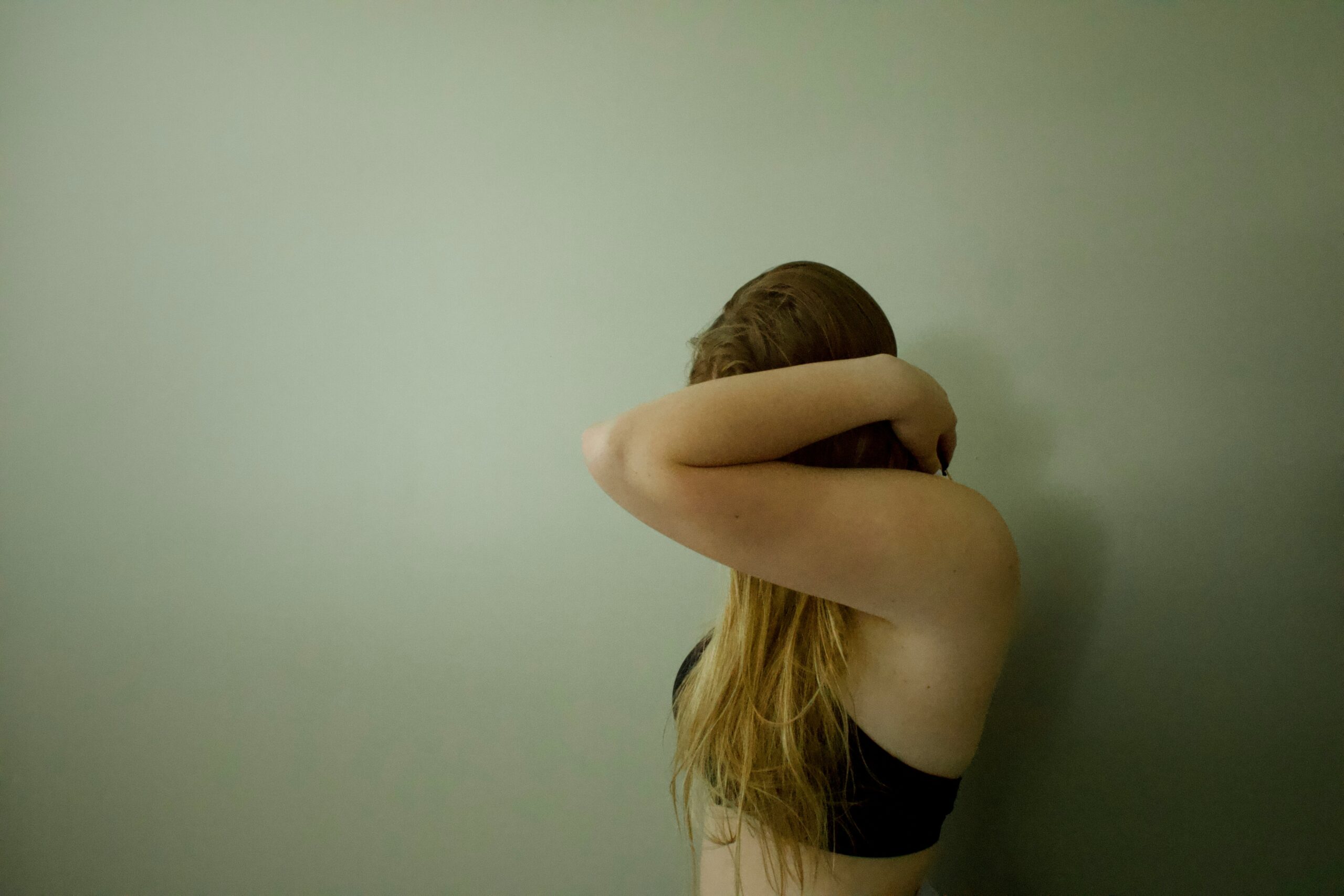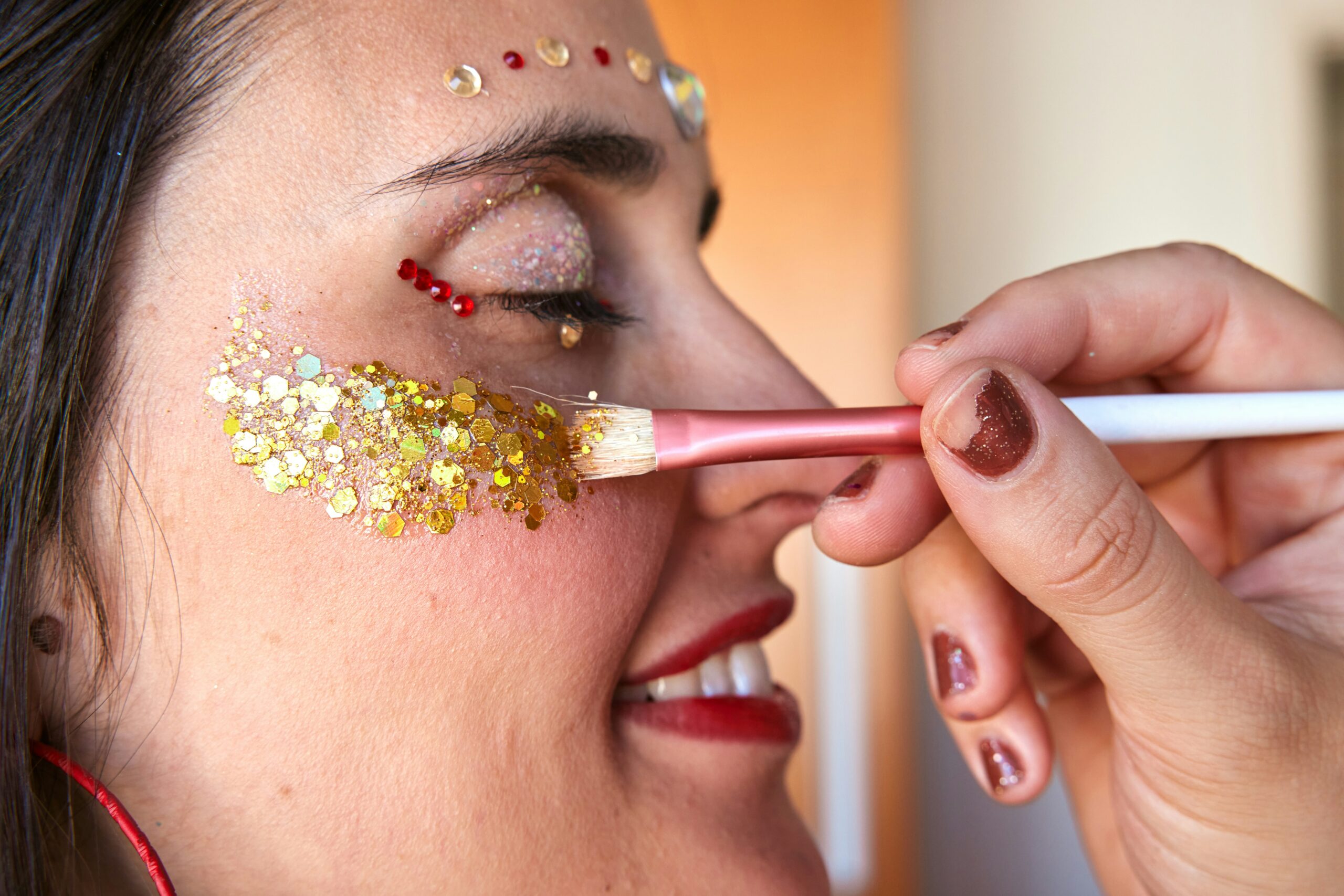I grew up in Taiwan with Man Yue as the common practice for new mothers.
Whenever someone in my parents’ social network became an expectant mother, a common topic of conversation would be which Man Yue customs they would follow and the importance of following it to help with the new mother’s postpartum recovery.
These conversations would always include mention of the new mothers who didn’t follow Man Yue customs and had a harder postpartum recovery.
Man Yue, translated as “Full Moon/Month”, is a tradition that has been practiced for more than 2,000 years to prioritize a new mother’s health recovery in her first postpartum month. While the specific customs and practices vary from region to region, the priority of a new mother’s recovery is sacrosanct for all families.
During a new mother’s Man Yue period, her focus for the first postpartum month is to rest, nourish her body with nutritious foods, and bond with the baby. During Man Yue, the mother and baby are quarantined at home and only the parents’ immediate family members are allowed to visit.
The quarantine period is meant to protect the baby from exposure to germs, but also to allow the mother to focus on rest and recovery (and not to expend vital energy entertaining guests). The Man Yue period is a family tradition relying on the help from the new parents’ immediate family members.
Family members cook nutritious foods for the mother so her body can recover quicker and have the nutrients needed to produce ample milk for the baby. New mothers are forbidden to do housework or other work during her Man Yue, because physical exertion and stress will chip away at her already depleted energy.
The Man Yue period is all about replenishing the new mother’s vital energy.
When it was time for the birth of my first child, my mother was in Taiwan taking care of her parents and was not able to oversee my Man Yue. She, my father, and my husband coordinated to make sure I was able to follow as much of the Man Yue tradition as possible. My father drove an hour and a half to visit me every other day with containers of the traditional foods new mothers should eat, both from his own Cantonese tradition and my mom’s Taiwanese tradition.
I felt particularly vulnerable in the beginning of my postpartum period after the birth of my first child. My daughter wasn’t latching on to my breasts for breastfeeding and I felt like I immediately failed being a mom on that first day.
I worked with a lactation consultant to learn techniques for my daughter to be able to latch on and successfully breastfeed. The first few weeks postpartum with my first child were filled with a lot of stress and anxiety as we navigated life as new parents. I am so grateful my parents made sure I had the emotional support I needed through the Man Yue practice and decreased my stress levels, so I could successfully bond with my new baby that first postpartum month.
We followed the quarantine practice and did not have any visitors. Though we would have loved to have our extended family and friends come to see the baby, I knew it was much better for my stress levels to focus on my own rest and bonding with my new baby that first month.
When my second child was born, my mother was still needed in Taiwan and my father was doing business in China and unable to return to help me with my Man Yue. My sister happened to be in between jobs and stayed with us for three weeks to help. She received my parents’ recipes and she and my husband cooked the traditional foods.
Before I had my children, I always thought the Man Yue tradition was entirely about protecting the baby and the mother’s physical health. However, during my own postpartum, I realized the strict Man Yue protocols are also about reducing unnecessary stress for the new parents. I especially appreciated the quarantine practice in that first month.
We were not able to follow the Man Yue practice as strictly with our second child, but we still embraced the essence of the tradition to prioritize rest, nutrition, and bonding with the baby above all else.
How to Adapt Man Yue For Your Postpartum Experience
If you want to adapt the traditions of Man Yue into your own postpartum experience, begin by discussing your expectations of the postpartum experience with your partner. You will want to communicate that it’s important for your postpartum recovery to be prioritized as highly as caring for the newborn.
Then speak to close family members or friends to request their assistance with tasks like baby care, cooking and household chores. If it is not possible for family and friends to help out in person, request gift cards for meal delivery, local restaurants or house cleaning services to reduce stress during this important time.
You will also want to make sure to communicate with friends and other loved ones that you plan to observe the quarantine practices of Man Yue. Let them know that you won’t be able to accept visitors in the first postpartum month and will be focused on recovery and bonding with your baby. This will help set clear expectations to avoid any unexpected visitors.
If you are past your own postpartum period, you can also offer Man Yue support to another loved one who is currently pregnant. What mom wouldn’t love the idea of being lovingly cared for in the first few postpartum weeks? It’s such a thoughtful way to show love to a family member or friend.
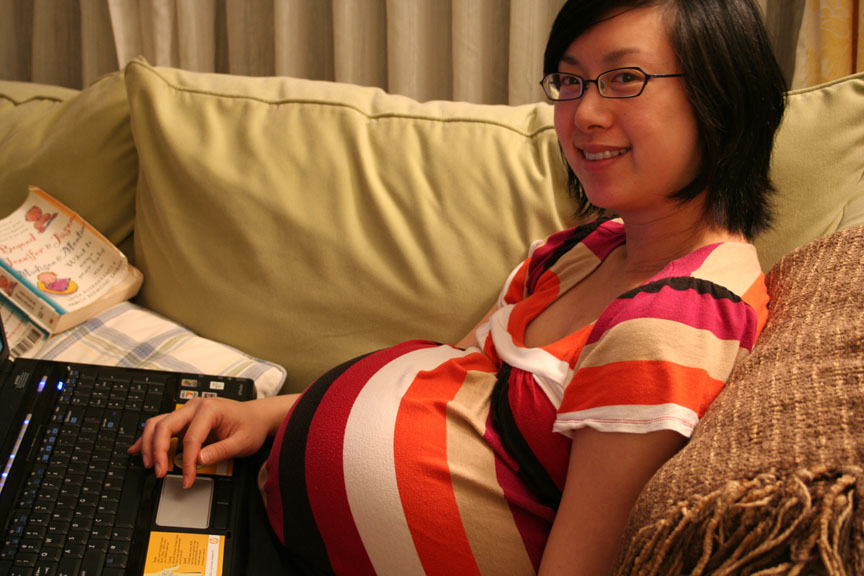
Incorporating Tai Chi Into Pregnancy & Postpartum
Another way I kept my roots alive and honored the traditions of my ancestors was through the practice of Tai Chi. I first discovered Tai Chi as a child in Taiwan seeing my grandfather practice it in our courtyard and people practicing it out in the parks. However, I didn’t learn about the depth and scope of Tai Chi until I began studying it in its authentic form as an internal martial art in 2002. That was the first time I learned the profound philosophy at the core of this movement art.
During my pregnancy, this art benefited me immensely. I practiced Tai Chi all the way up to my ninth month of pregnancy. Keeping my body strong throughout the pregnancy helped me to have an easier birth and quicker postpartum recovery.
My Tai Chi pregnancy practice:
As Tai Chi is safe to perform during pregnancy, I did not need to change my daily Tai Chi daily practice for my entire pregnancy. Each day, I started with gentle warm up movements and stretches, moved into a ten-minute standing meditation, then began practicing Tai Chi movements and forms. The Tai Chi concepts of adapting to change and moving with forces, instead of against forces, was extremely helpful in helping me to prepare and adjust to becoming a mom.
Motherhood, especially the postpartum period, can be stressful because you’re always navigating change. Once I felt like I got into the rhythm of a schedule, my baby’s schedule would change, and I would have to get into the rhythm of a new schedule.
Embracing the Tai Chi philosophy that change is a natural part of our universe also helped me develop a strong relationship with my children, because I appreciated my children as who they were in all stages of their development. I didn’t try to hold on to who they were at a prior state of development, so I could fully be present with them as who they were at that moment.
Practicing Tai Chi helped my postpartum experience in other ways. New mothers often exercise too vigorously during their postpartum period, risking injury and abdominal separation. Tai Chi was gentle enough for me to practice and still get effective exercise.
My Tai Chi postpartum routine:
Because Tai Chi is a low impact exercise that gently strengthens your core, it is safe to practice postpartum. While I was able to continue my same Tai Chi practice postpartum, I needed to adjust my expectations as to how much time I realistically had to devote to the practice every day. Despite my new chaotic life, it was important to me to find small ways to practice Tai Chi everyday.
I had to accept that I might have frequent interruptions to my practice and could no longer dedicate significant stretches of time to Tai Chi. I often modified my routines to practice shorter movement sequences to help my body adjust and find my strength, both physically and mentally.
Meanwhile, a Tai Chi mindset means you do not follow what other people are doing — but rather what will bring you and your family balance.
New mothers are subjected to so many images and constructs of what motherhood should look like, adding stress and anxiety to an already stressful time if their reality does not match the idealized construct.
The Tai Chi approach to finding balance in your life is to understand your own centering point and only do as much as you can to keep your balance within that centering point. The only thing you need to do is what is best for you and your family.
We do not realize how much energy is expended in coordinating visits, tidying up the house to prepare for visitors, trying to be a good host, engaging in conversation, all the while being sleep deprived and trying to adjust to the baby’s ever-changing schedule.
Instead of having to deal with those external stress factors, I was able to have the much needed physical and emotional support of my closest family members during those crucial first weeks.
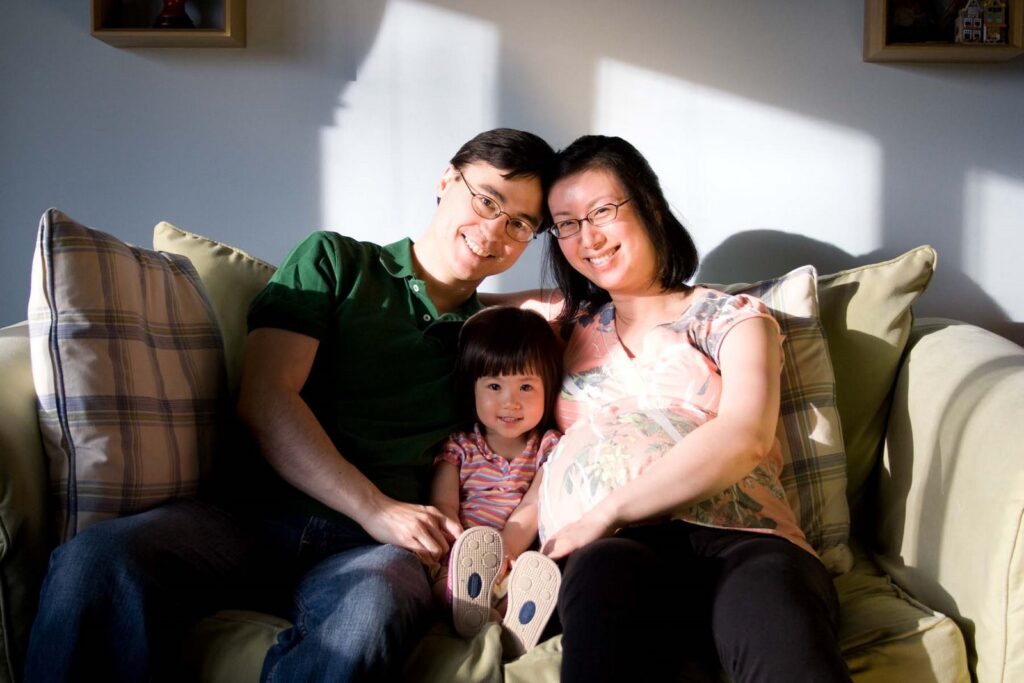
Author
-
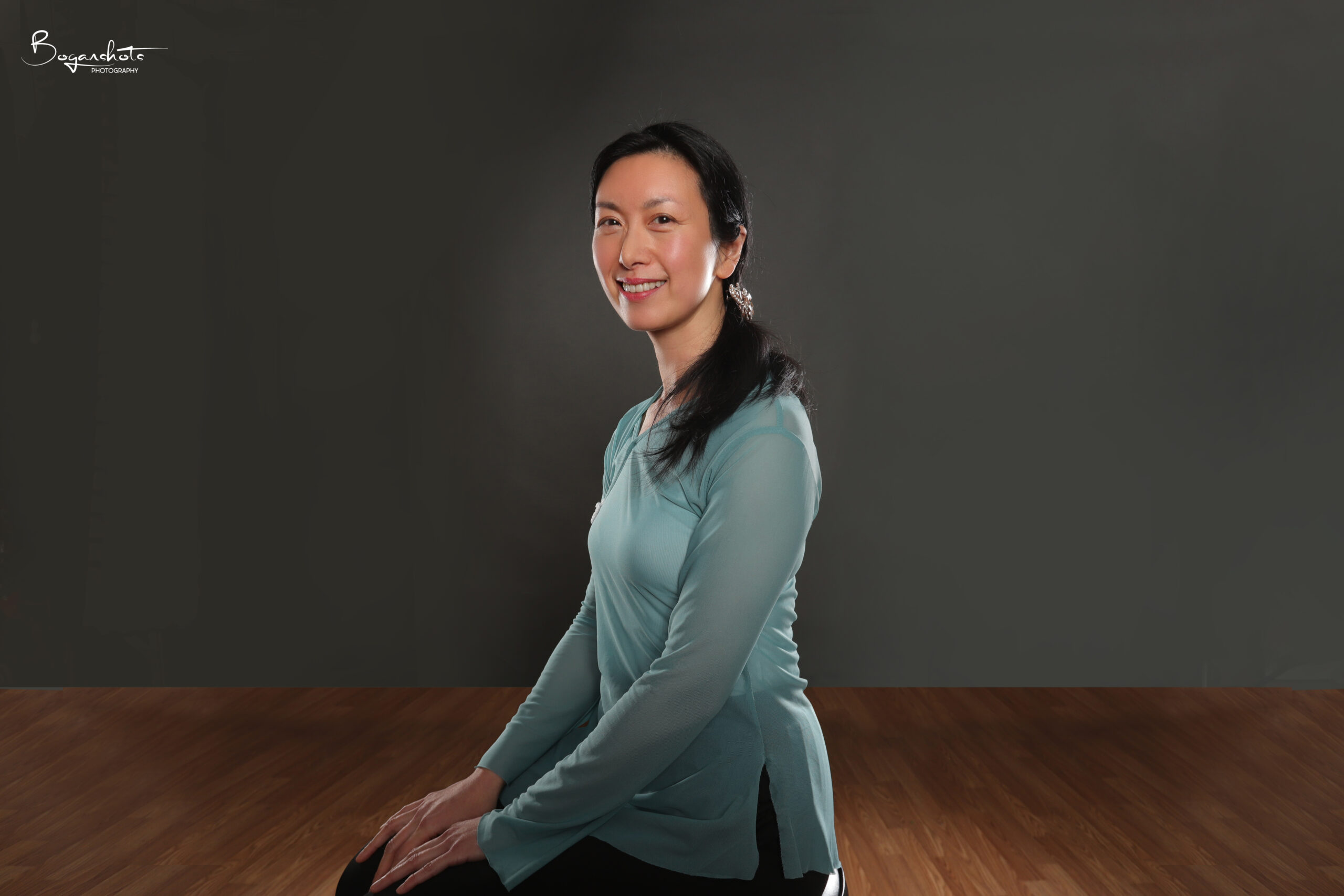
Shirley Ha Chock is a Tai Chi master known as “The Stressbender.” In 2012, she was named Working Mother of the Year for her efforts as the co-chair of the Asian Network at Yale University. Her mission is to teach others how the Tai Chi mindset can help you find calm among the chaos of parenting in our modern world. Join her army of stressbenders on Instagram and TikTok. Online classes available at Tai Chi United.
View all posts


